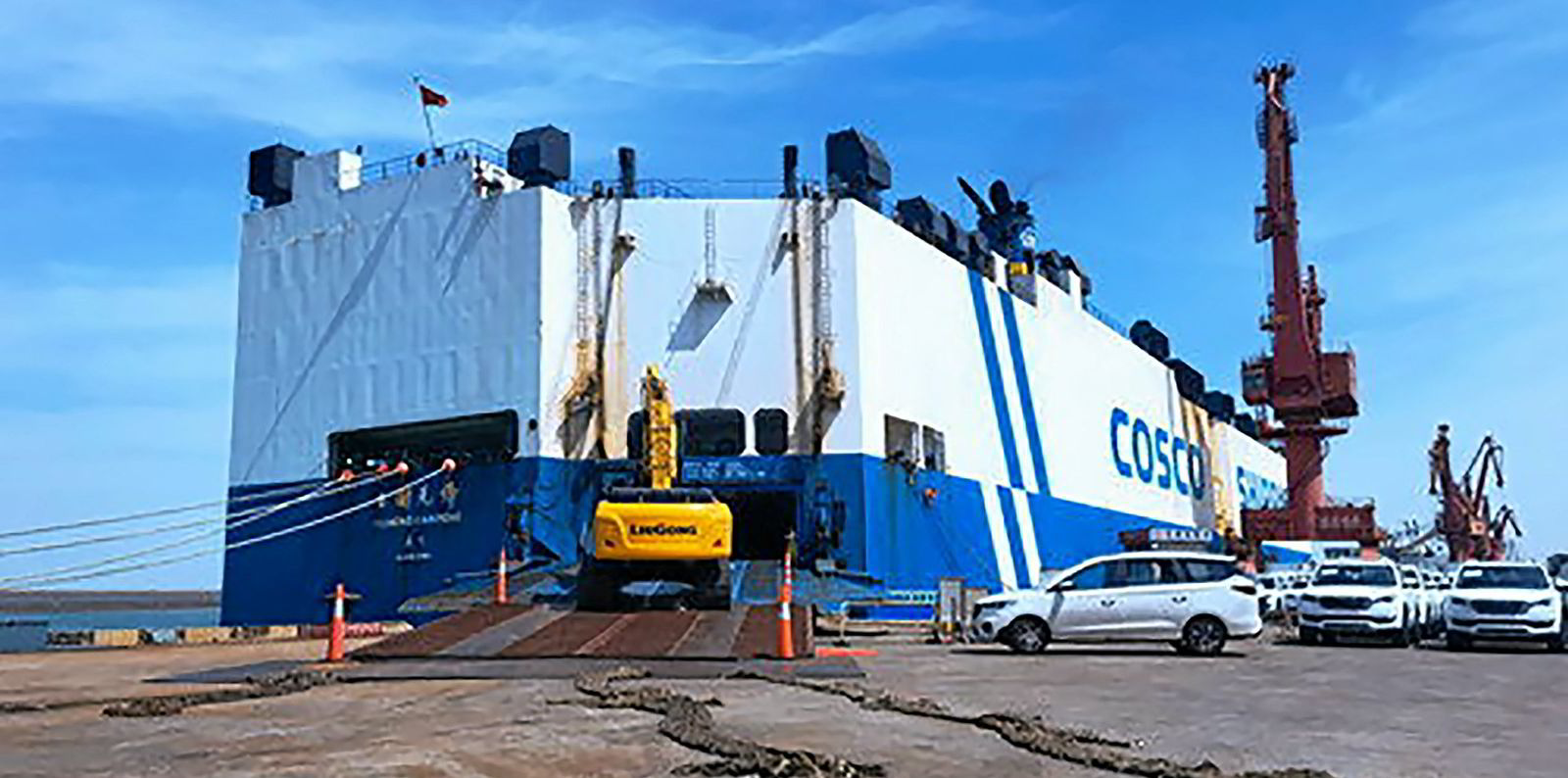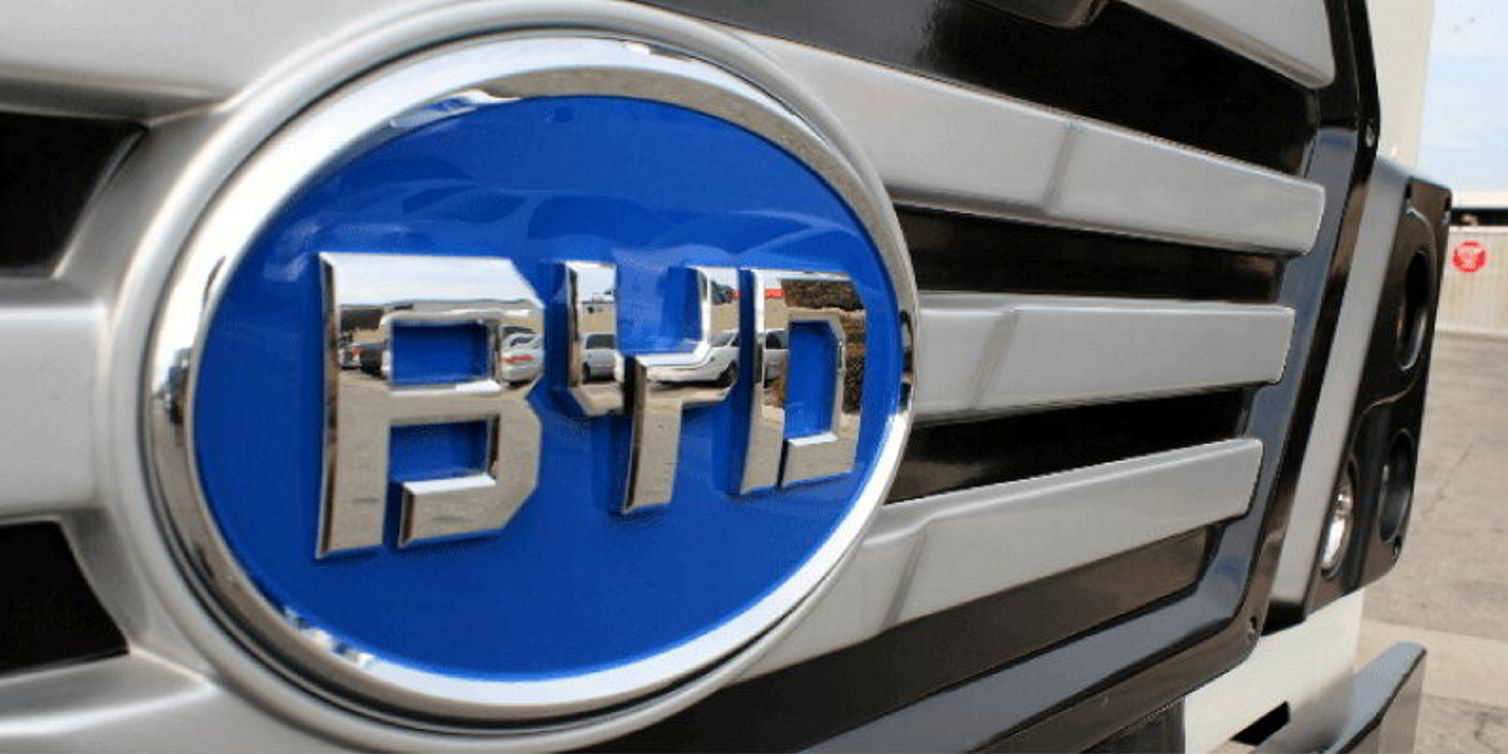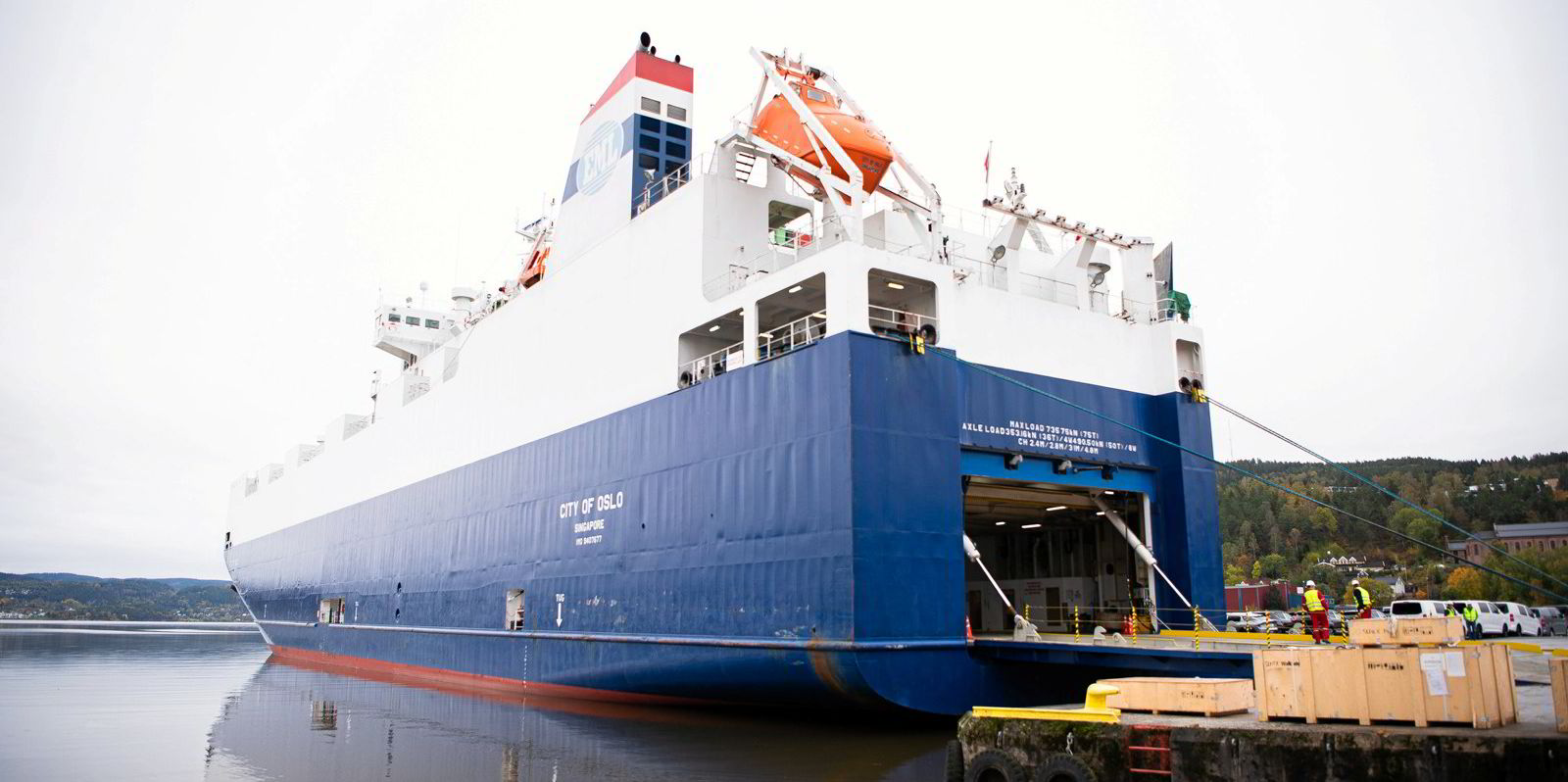Chinese vehicle maker BYD is considering going into shipowning by ordering a series of dual-fuel pure car/truck carrier newbuildings at domestic shipyards.
Shipbuilding sources said Shenzhen-headquartered BYD is joining the red hot car carrier sector because it is afraid it may not be able to secure enough vessels to meet its growing export volume.
Sources said the company is in discussions with shipyards for six to eight units of LNG-fuelled 7,700-ceu newbuildings.
China Merchants Jinling Shipyard in Yangzhou, China Merchants Heavy Industry Jiangsu, Guangzhou Shipyard International and Zhejiang-based Yangfan Group were named as yards that BYD has approached.
Brokers said the shipbuilding price for newbuildings is “firmed”, as demand has outstripped supply and costs of materials are rising. They believe BYD will be asked to pay more than $87m each for the vessels.
“Construction of PCTC newbuildings is not difficult but there are not many shipyards that are keen to build the ship-type,” said one shipbuilding expert.
“Shipyards need a lot of space to store the car decks, which many do not have during this market boom.”
Market observers said the demand for car-carrier tonnage mirrors the liner sector, where consumer goods manufacturers such as Swedish furniture giant Ikea and US retail behemoths Walmart, Costco and Home Depot chartered in their own shipping tonnage due to global supply chain congestion.
Chinese furniture manufacturer and retailer Loctek turned shipowner by ordering a 1,800-teu boxship newbuilding to be delivered next year to enhance its competitiveness and “accelerate the development of its overseas business”.
Sector experts said BYD currently does not control any car carriers. It is buying space from operators such as Cosco Shipping Specialized Carriers.
Should BYD finalise the order of the newbuildings, it would be the second Chinese automobile manufacturer to own car-carrier tonnage.
The country’s largest vehicle maker, SAIC Motor, is said to have 32 car carriers that can transport more than 2m vehicles. The ships are under the control of its shipping division, SAIC Anji Logistics, which invested around $425m between last October and May this year in five 7,800-ceu newbuildings. The PCTCs, being built by Jiangnan Shipyard, are slated for delivery in 2024.
Analysts forecast a possible shortage of tonnage after years of underinvestment in the sector and on the back of an increase in global demand for electrical vehicles.
There are currently 67 pure car carriers on order, amounting to 1.4m dwt and representing 11.2% of the trading fleet.
But about 15% of the PCC fleet is expected to reach scrapping age by 2025 and, until that date, delivery slots at shipyards are limited, making additional orders in the short term unlikely.
Car carrier operators are also seeking to accelerate fleet renewal to meet shippers’ demand for low-emissions vessels.
All ships on order will be built to operate on lower carbon emission fuels, including LNG, methanol or a hybrid battery propulsion system.







